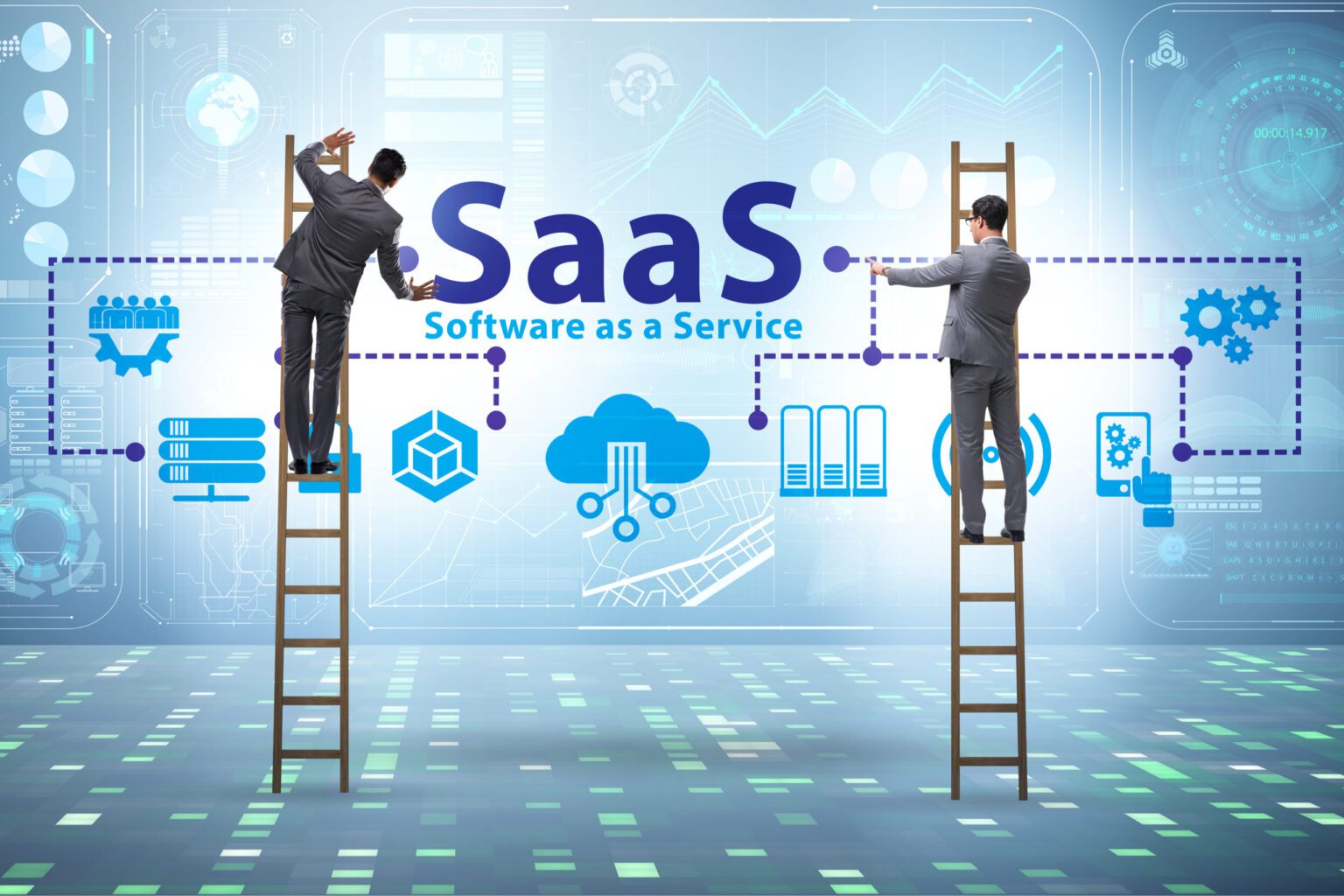🎧 Listen to This Article
Understanding Indiana’s SaaS Sales Tax Ruling
The digital services industry has seen rapid expansion, prompting states to reassess their sales tax policies. Many jurisdictions remain unclear about whether Software as a Service (SaaS) is taxable. However, Indiana has taken a decisive step in clarifying its position.
Indiana Declares SaaS Exempt from Sales Tax
In January 2025, the Indiana Department of Revenue issued Revenue Ruling 2024-04-RST, reinforcing earlier guidance from Sales Tax Information Bulletin #8. This ruling explicitly states that SaaS is not considered tangible personal property and is therefore exempt from Indiana sales tax.
The ruling was issued in response to taxability concerns related to digital products, including:
✅ Video game subscription services
✅ In-game enhancements
✅ Virtual currency purchases
By reaffirming that these services do not constitute taxable digital goods, Indiana has provided much-needed clarity to SaaS providers and digital businesses operating in the state.
Key Takeaways from the Indiana Sales Tax Ruling
✅ SaaS transactions remain tax-exempt – As long as customers do not take physical possession of the software, SaaS products will not be subject to Indiana’s sales tax.
✅ Digital goods taxability remains limited – Only products classified as digital audio, audiovisual works, or e-books meet the definition of taxable digital goods in Indiana.
✅ Video game-related purchases remain untaxed – Subscription services and in-game purchases do not qualify as tangible goods and are therefore exempt from sales tax.
Implications for SaaS Businesses & Digital Service Providers
For businesses operating in Indiana, this ruling provides stability and predictability regarding sales tax obligations. However, companies offering SaaS in multiple states should be aware that many jurisdictions still impose sales tax on SaaS transactions.
Expert Insight: “Indiana’s ruling offers clarity, but businesses selling SaaS across state lines must carefully monitor tax laws in other jurisdictions,” warns Douglas Boneparth, a leading financial strategist.
Staying Compliant with SaaS Tax Laws Nationwide
✅ Monitor tax policies in all states where you operate. Some states, like New York and Texas, classify SaaS as taxable.
✅ Keep track of legislative updates. Digital tax laws are evolving, and rulings may change over time.
✅ Consult tax professionals. Tax compliance tools and professional guidance can help businesses navigate complex multi-state tax regulations.
Future Trends in Digital Sales Taxation
As more states modernize their tax laws, businesses can expect:
🔹 Increased clarity on SaaS taxability across different jurisdictions
🔹 Greater reliance on digital tax compliance software
🔹 Potential federal involvement in standardizing SaaS tax policies
Key Takeaways: Indiana’s SaaS Sales Tax Ruling in 2025
SaaS remains tax-exempt in Indiana.
Only certain digital goods are subject to sales tax.
Multi-state SaaS providers must track varying tax laws.
India’s New Income Tax Bill 2025: Key Updates, Simplifications & What It Means for You
For further details, clarification, contributions or any concerns regarding this article, please feel free to reach out to us at editorial@tax.news. We value your feedback and are committed to providing accurate and timely information. Please note that all inquiries will be handled in accordance with our privacy policy
